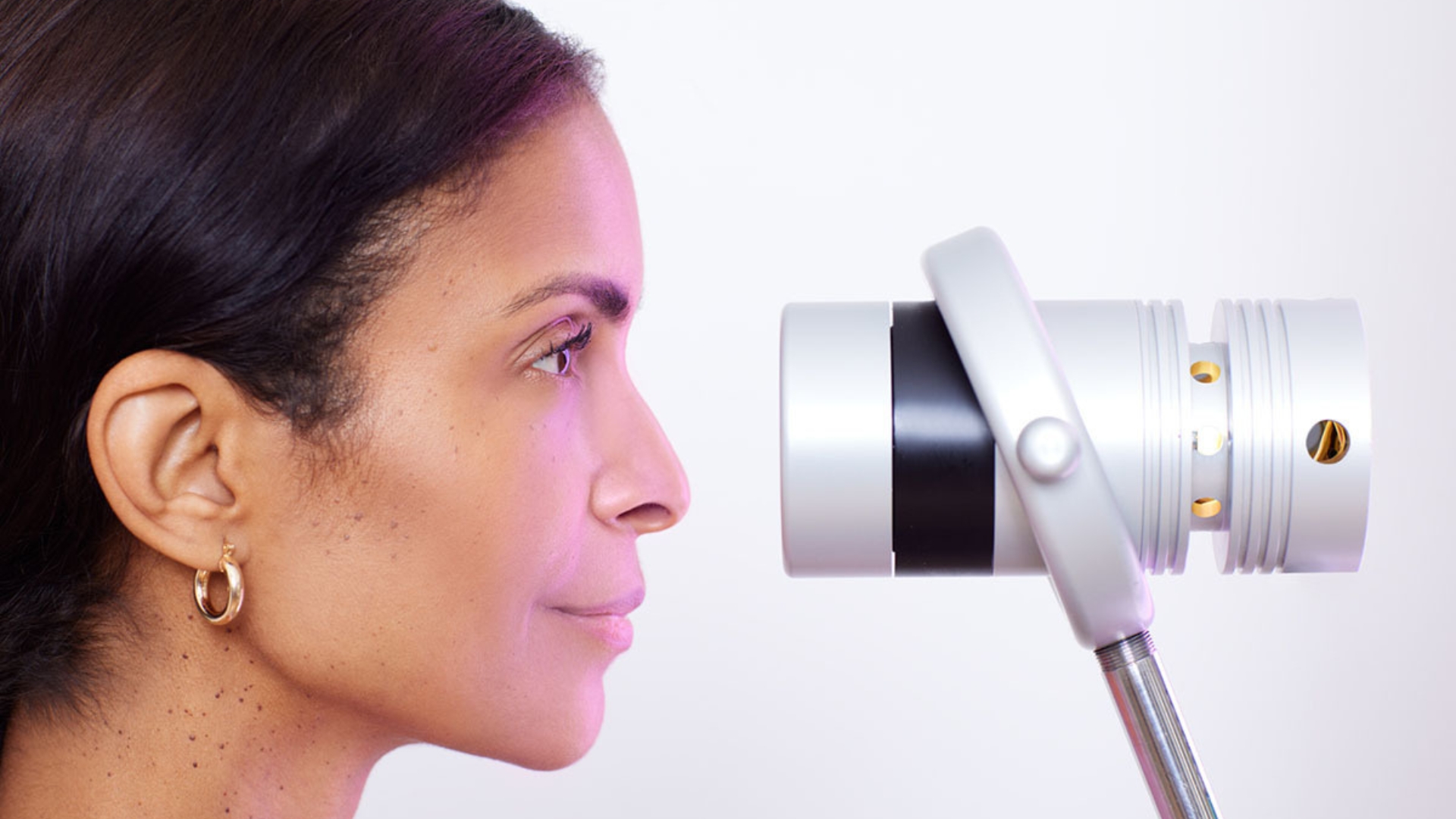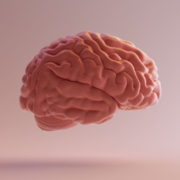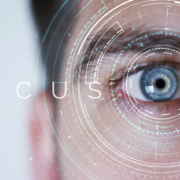Overcoming Digital Dementia
Overcoming Digital Dementia
The technological revolution has, undeniably, made our lives easier. We can access more information than ever before, which is a huge advantage. If you want to uncover the meaning of a word or understand a concept, you can simply Google it.
However, on the flip side, it’s not all good. In many ways, we use technology as a crutch. Can’t remember the word for the idea you’re thinking of? You don’t have to! Google will quickly tell you in less time than it takes for you to recall that particular piece of information.
In many ways, technology is leading to various cognitive impairments, including reduced attention, decreased memory spans, and even the possibility of early-onset dementia. In fact, there’s already a word for this phenomenon known as “Digital Dementia.”
In this article, we’re going to explore this concept further and uncover how you can overcome it.
What is Digital Dementia?
Digital dementia refers to how our technological devices activate the left side of our brains but don’t stimulate the right side of the brain, which is responsible for our ability to concentrate. This may lead to degeneration of the right side, leading to forgetfulness and digital reliance.
In turn, you might experience early-onset dementia, which can cause a rapid decline in your mental and physical health.
Surprisingly, this isn’t new to many scientists and researchers worldwide. In fact, the Korean Times even published an article about digital dementia way back in 2007. This article polled 2000 participants and discovered that a whopping 60% of workers between 20 and 30 years of age experienced forgetfulness.
So, what’s happening here exactly? Your brain and body always respond and adapt to the stimulus you give them. In particular, the way you think and what you do impacts your brain and the structures within it.
For instance, research has found that mobile phone users tend to have increased activity and neural networks in the part of the brain responsible for thumb movements. While more research needs to be conducted with adults, other findings have also noted that children’s brains tend to have difficulty dealing with rapidly changing information displayed on screens. Further studies on brain health have associated increased digital use with a higher prevalence of ADHD in children.
Inevitably, there’s something going on here — potentially something that isn’t ideal for our mental or neural health.
What Are the Effects and Symptoms?
According to recent research, digital dementia impacts our ability to think, remember, and concentrate. It can also lead to emotional problems, decreased motivation, and language difficulties. In some cases, this can become so pronounced that a person has trouble functioning in their daily life.
In many ways, digital technology has led to feelings of overwhelm with too many options and information overload. Most people spend most of their time “plugged in.” This leaves little time to relax and de-stress, which is necessary for optimal functioning and health.
The concept of “time confetti” defines this as scattered moments or short bursts of leisure that don’t necessarily help us relax. Instead, the complete opposite happens. We spend our leisure moments in a state of heightened stress.
The stressed state is activated by your sympathetic nervous system. When this system is turned “on,” it tends to halt other processes in the body that are necessary for optimal wellness. This is because, evolutionary-wise, this system dates back to when our ancestors had to run away from a threat such as a bear or other incoming threats. The sympathetic nervous system, also known as your “fight-or-flight” system, would activate, pumping out adrenaline and cortisol, helping you to — hopefully — survive. Certain systems, such as your digestion, aren’t particularly helpful when your body is merely trying to survive. Yet, when this happens in the modern world, especially for long durations, it can lead to various ill health effects.
Today, this system further activates during less extreme moments. While it’s likely you’ll survive information overload, your body and brain don’t really know the difference. Thus, many of us are actually living in a heightened stressed state. With technology and digital devices, we simply aren’t getting enough time of true relaxation and leisure.

Strategies for Overcoming Digital Dementia
Generally, you want to intentionally spend time activating your parasympathetic nervous system, also known as your “relax-and-digest” system. You can do this by:
- Practicing relaxation techniques, such as progressive relaxation, deep breathing, or other breathwork techniques.
- Limiting time on your digital devices and finding other hobbies or activities that you can dedicate your leisure time to.
- Learn a new language! Since digital use tends to impact our language abilities, you can counteract these effects by practicing your language skills.
- Read an actual, physical book.
- Try journaling.
- Limit your EMF exposure.
- Keep your bedroom “technology-free.”
- Avoid digital devices and screens one to two hours before bedtime.
It pays to start finding solutions now as opposed to later. Prevention is always better than reactionary healthcare. Find what works for you, and set those limits or rules in your life. You’ll get so much more out of it and be able to live your life to the fullest and in the highest state of health.
At Innovative Medicine, we truly believe in the preventative care model and providing individuals with information to help optimize their health so that they won’t have to experience illness down the line. Start taking back control of your health by examining and changing your habits today!
Disclaimer: The statements made in this article have not been evaluated by the Food and Drug Administration. Any products or treatments mentioned are not intended to diagnose, treat, cure, or prevent any disease. Please consult a licensed medical practitioner for medical advice.
At Innovative Medicine, we believe in transparency. We want you to know that we may participate in affiliate advertising programs pertaining to products mentioned herein.
See how we can help you restore complete health of body, mind & spirit.
Join our mailing list and receive exclusive offers + information!







Leave a Reply
Want to join the discussion?Feel free to contribute!